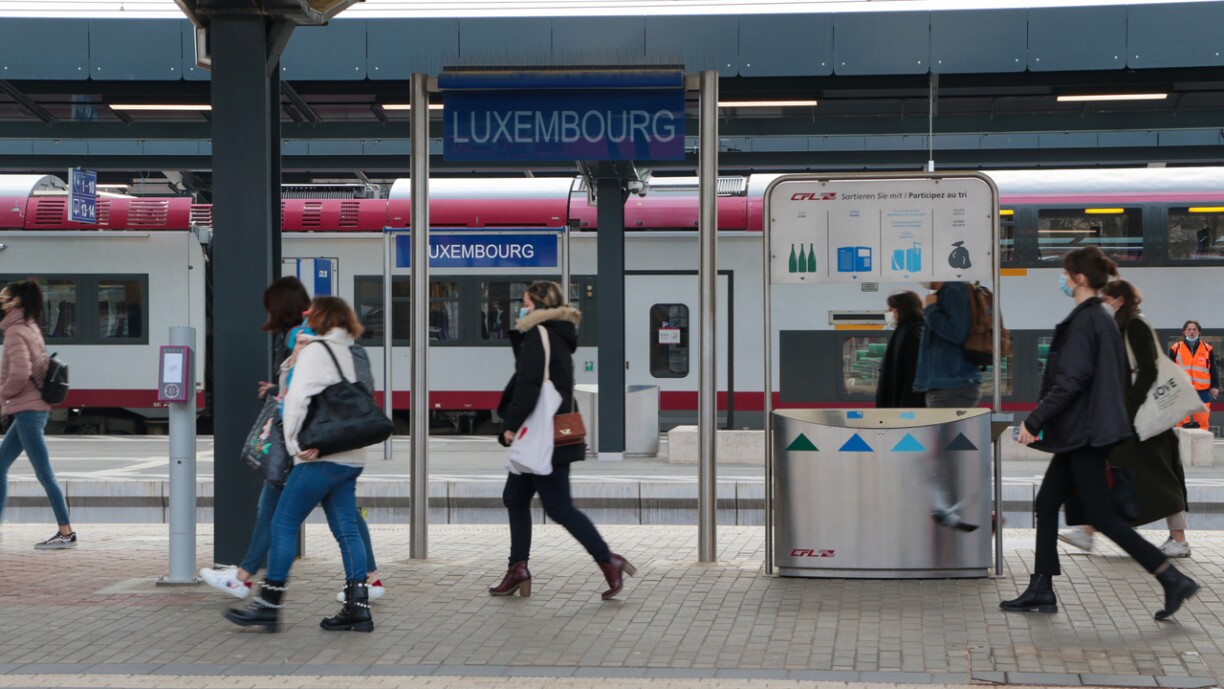
The question of whether cross-border commuters cost Luxembourg money has recently come into focus due to the publication of the country’s balance of payments by the National Institute of Statistics and Economic Studies (STATEC). According to the 2021 data, Luxembourg showed a deficit of €12 billion.
This statistic, however, might not offer a comprehensive picture of the situation.
Luxembourg’s economy is atypical in that 46% of its workforce consists of cross-border commuters. In the balance of payments, €14 billion paid to these incoming commuters is counted as an ‘expenditure,’ while €2 billion paid to outgoing employees, referred to as ‘leavers,’ is counted as incoming funds. This results in a net deficit of €12 billion.
But this accounting method does not consider the nuanced financial impact of cross-border commuters on Luxembourg’s economy.
Importantly, the statistical model employed does not account for the economic benefits of cross-border commuters. For instance, the contributions these commuters make to Luxembourg’s social security system exceeded the benefits paid to them by about €200 million in 2021.
Furthermore, the number of incoming commuters (more than 220,000) significantly outweighs the number of outgoing commuters (just under 14,000). This situation naturally leads to a negative balance of payments, but it also reflects the economic activity and contributions made by these workers.

Moreover, the term ‘leavers’ is somewhat misleading. These are not necessarily individuals who have left Luxembourg, but often employees working for international and European institutions based in the country. For statistical purposes, these institutions are treated as if they were abroad, skewing the balance of payments.
The cost of cross-border commuters can also be evaluated from other perspectives. For instance, the educational expenses are primarily shouldered by neighbouring countries, and there is the spending by these commuters in Luxembourg’s restaurants and shops to consider.
So, while Luxembourg’s balance of payments indicates a deficit largely due to the high number of incoming cross-border commuters, this is only one angle from which to view the financial impact. When other factors like social security contributions and local spending are considered, the overall financial picture becomes more nuanced.
Thus, whether cross-border commuters ‘cost’ Luxembourg money is a matter of perspective and depends on the financial aspects on which one chooses to focus.